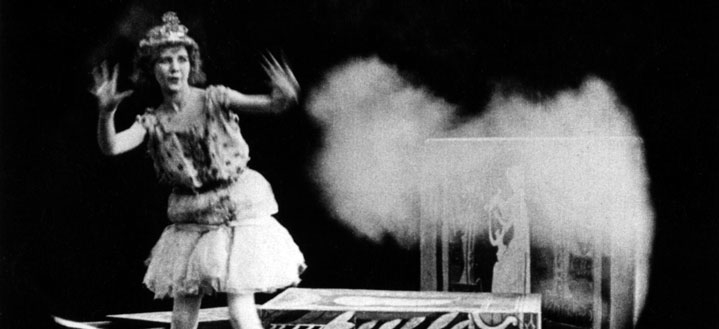Event

Margaret Hennefeld
Slapstick Comediennes in Transitional Cinema: National Differences Between Body and Medium
This talk is part of a larger dissertation project about the emergence of narrative film form through the comedy genre, a zone of political license that at once upturns the reigning social orders and defers their transformation by making their upturning laughable. Focusing on "transitional era" (1907-1915) comic and trick films by the French Pathé and American Vitagraph companies, I look at comic women's bodies as sites of struggle over national differences during a moment in American film history when the industry increasingly hinged upon emphasizing and exploiting these differences. Contrasting the narrative integration of trick techniques in Vitagraph films (such as The Kitchen Maid's Dream, Princess Nicotine, and A Midsummer Night's Dream), with Pathé's segregation of trick "attractions" (The Wonderful Mirror) from unruly slapstick narratives (Jane on Strike, Betty Pulls the Strings), I look at comic women's bodies as instrumental to the articulation of narrative film form across genres, modes, and nations.
Margaret Hennefeld is a Ph.D. Candidate in Modern Culture and Media at Brown University. Her teaching and research interests include comedy, gender, silent cinema, and state politics. She has published in the journals Screen and Media Fields, with essays forthcoming in Discourse, Projections, and a Blackwell Companion to D.W. Griffith. Maggie’s dissertation, “The Politics of Film Comedy: from Vaudeville to Terrorism,” historicizes the emergence of narrative film form through the comedy genre. She looks at film comedy's social inheritances from vaudeville and other media, and its uneven depoliticization throughout the silent era, including its intermittent censorship and abrupt instrumentalization as state propaganda during WWI.

